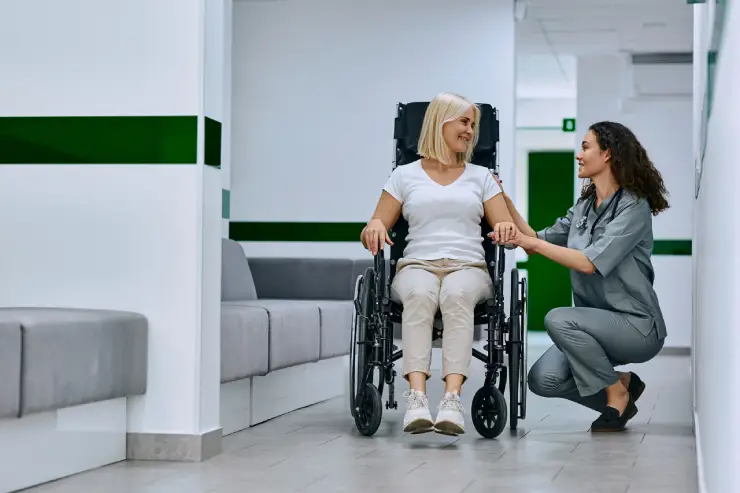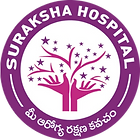Stroke Care Centre

Our Stroke Care Centre is a specialized medical facility that is dedicated to providing comprehensive care and treatment to individuals who have suffered a stroke. Strokes, also known as cerebrovascular accidents, occur when the blood supply to a part of the brain is disrupted, leading to brain cell damage and often causing various degrees of physical and cognitive impairments. These centres play a crucial role in the recovery and rehabilitation process for stroke survivors, aiming to minimize the impact of the stroke on their quality of life and overall well-being.
The primary goal of a Stroke Care Centre is to offer a multidisciplinary approach to stroke care, involving various medical professionals and specialized resources to address the diverse needs of stroke patients.
Here’s a detailed description of the components and functions of a Stroke Care Centre:
Medical Expertise: Our Stroke Care Centres are staffed with a team of highly trained medical professionals, including neurologists.
Emergency Care: Many Stroke Care Centres have dedicated stroke units equipped to handle acute cases. Rapid and accurate diagnosis and treatment during the critical early hours of a stroke can significantly improve outcomes. Advanced imaging technologies, such as CT scans and MRI machines, are often available on-site to assess the extent of brain damage and identify the type of stroke (ischemic or hemorrhagic).
Treatment Options: Depending on the type of stroke, the centre offers various treatment options. For ischemic strokes (caused by a clot), thrombolytic therapy or mechanical thrombectomy might be administered to restore blood flow. Hemorrhagic strokes (caused by bleeding) may require surgical intervention.
Rehabilitation Services: After the acute phase, stroke survivors often require intensive rehabilitation to regain lost functions. Rehabilitation services offered at the centre include physical therapy, occupational therapy, speech therapy, and cognitive therapy. The goal is to enhance mobility, improve fine motor skills, restore speech and language abilities, and help patients adapt to any cognitive changes.
Individualized Care Plans: Each stroke patient’s needs are unique, and a Stroke Care Centre tailors treatment plans to address specific challenges and goals. A multidisciplinary team assesses the patient’s condition, sets realistic targets, and monitors progress over time.
Psychological Support: Coping with the aftermath of a stroke can be emotionally challenging for both patients and their families. Stroke Care Centres often have psychologists or counselors who offer emotional support, helping individuals navigate the psychological aspects of recovery and adjustment.
Nutritional Guidance: Proper nutrition is vital for recovery. Stroke survivors may have dietary restrictions or swallowing difficulties. Nutritionists at the centre can design meal plans that meet specific dietary needs.
Assistive Devices and Aids: Some stroke survivors experience long-term disabilities, such as paralysis or difficulty with mobility. The centre may provide assistive devices like wheelchairs, walkers, or orthotics, as well as guidance on using these aids effectively.
Support Groups: Connecting with others who have experienced similar challenges can be invaluable for stroke survivors and their families. Support groups offered at the centre provide a platform to share experiences, exchange advice, and foster a sense of community.
Research and Education: Many Stroke Care Centres are engaged in stroke research to enhance their understanding of the condition and develop innovative treatments. They may also offer educational programs to raise awareness about stroke prevention, risk factors, and early intervention.
In summary, Our Stroke Care Centre plays a pivotal role in the continuum of care for individuals who have suffered strokes. By providing specialized medical care, rehabilitation, emotional support, and education, these centres contribute significantly to improving the quality of life and functional outcomes for stroke survivors.

